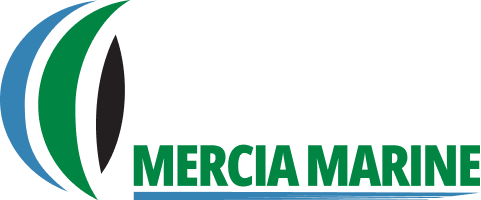Skip to content
- Salvage
- A salvage is the process of managing to retrieve or save a vessel from a perilous situation such that it is not written off for insurance purposes (i.e. saved without need for repair or made seaworthy again through repair).
- Salvage Charge
- The charge made by the individual or company for the successful salvage of an insured vessel from the risky or unsafe circumstances.
- Seaworthiness
- A simple expectation of all boat insurance covers that we underwrite is that the insured ensures the vessel is in adequate condition to undertake each and every intended journey. Seaworthiness is therefore that a vessel is being used for its intended purposes, adequately manned by experienced individuals, that all navigational and safety equipment is in full working order (and certified where relevant… see boat safety scheme/ boat survey). Other factors can also be taken into account, manufacturer’s limitations, cargos, hull condition etc. These all contribute to seaworthiness of any particular voyage and should be given due consideration.
- Seaworthy
- A term used within boat insurance documents to confirm that the vessel is in good enough condition to be used on the water.
- Settling Agent
- The representative of an underwriter who has appropriate authority to settle a boat insurance claim.
- Sheave
- A sheave is simply a guiding pulley wheel by which rope travels.
- Spar
- A spar or spars is a generic term which refers to all booms, bowsprits, masts gaffs and such like. A valuation for such items is often requested separately when generating quotations.
- Stand-on vessel
- The stand-on vessel is the vessel which has the right of way in any given situation, thus the other vessel must give way to allow right of passage of the stand-on boat.
- Subrogation
- Subrogation is the right of the boat insurance underwriter to act on behalf of a policy holder to reclaim monies owed by a third party (i.e. after an incident which resulted in a claim).
- Sue and Labour Charges
- These costs are usually recoverable in addition to the full sum insured and are the charges incurred by a client in seeking to avert or diminish a financial loss.
- Surveyor
- A qualified/ accredited marine professional who audits boats to determine the condition and/or resale value of the vessel. Can also sometimes be involved as an independent party in claim estimations e.g. in the event of loss or damage to a boat.
- Swing Moorings
- Swing Moorings (also known as Buoy Moorings) are moorings that require a circular area to moor upon. Typically suited to vessels over five meters, these types of mooring are mostly found on rivers, lakes and harbours. The key advantage of swing moorings is that they allow a greater number of vessels to be moored in a given area. Their size and scale can vary according to vessel length/ beam they are intended for and they can be produced from a variety of materials such as aluminium, steel and plastic.
NB: For boat insurance purposes, it is preferable that any boat using this type of mooring has an auto-bilge pump fitted (this will also reduce your boat insurance quote!).

